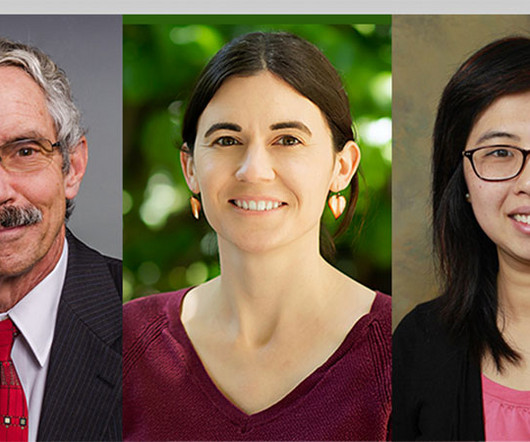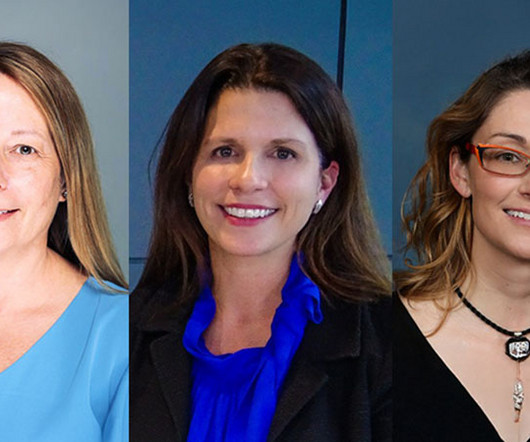10 Tips to Find the Best Diabetes Doctor for Type 2 Diabetes
Dr. Zaar
JUNE 1, 2025
Understand the Different Types of Diabetes Doctors Before searching for a diabetes doctor, it’s important to understand the types of medical professionals who treat Type 2 diabetes: Primary Care Physician (PCP): Often the first point of contact, they handle basic diabetes management.













Let's personalize your content